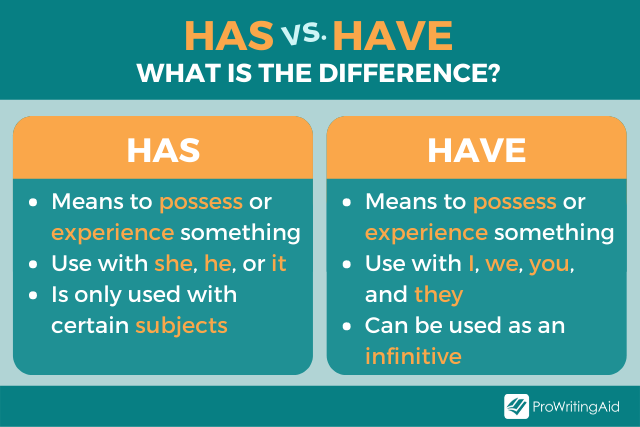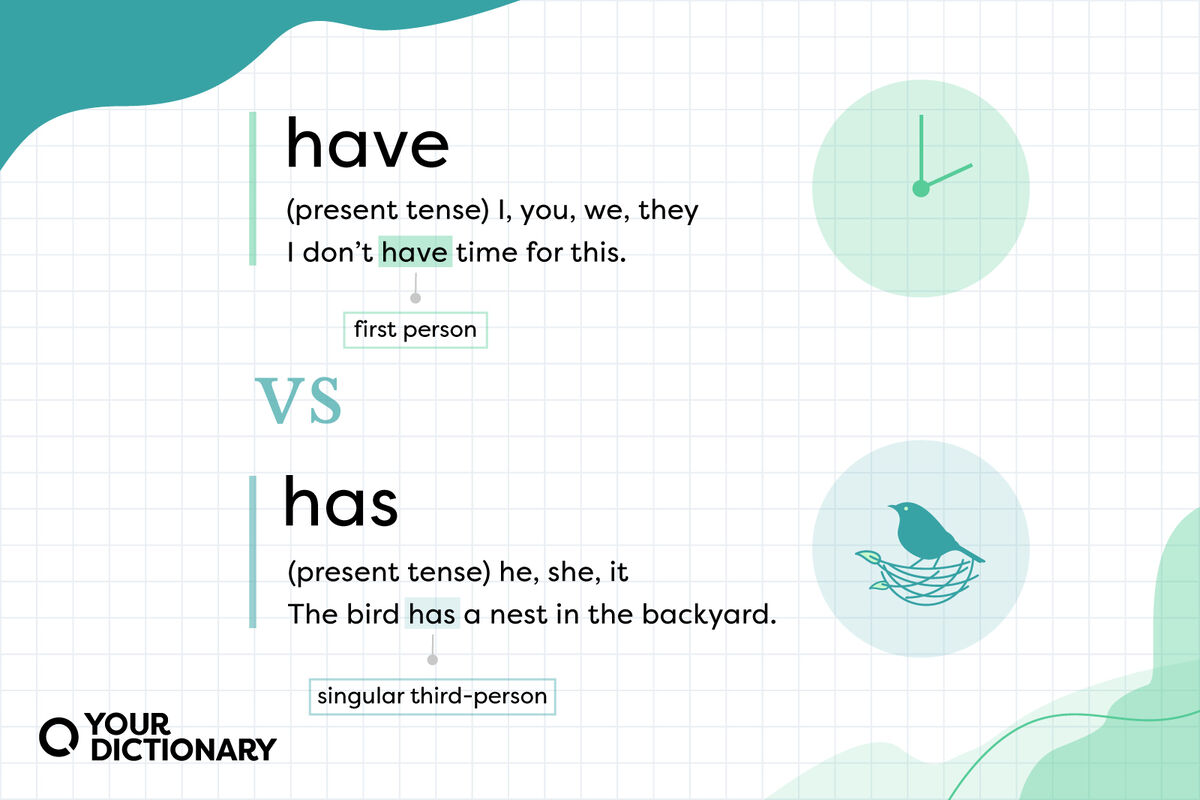What Has Chris Brown Been Diagnosed With? Examining Public Information And Understanding Privacy
Many people wonder about the health details of public figures, especially when their lives are frequently in the news. There's a natural curiosity, you know, about what might be going on behind the scenes for someone like Chris Brown. People often look for specific answers regarding his personal well-being, particularly if they have heard reports about his past actions or court appearances.
It's pretty common for fans and the general public to feel a connection to celebrities. This often leads to questions about their personal lives, including health matters. Knowing what someone has been diagnosed with can feel like it provides a fuller picture of their experiences, so people ask these things, really.
However, it's very important to note something right away. The text provided to me for this discussion, which talks about pizza – like, how it's eaten for lunch, how to reheat it, different toppings, and even a Pizza Hut recipe – simply does not contain any information about Chris Brown's health or any diagnoses he may have received. So, I cannot answer the question directly based on "My text" because it's about pizza, not medical records.
- Is Alan Ritchson Leaving Reacher
- Why Did Dorinda And Tinsley Fall Out
- Did Delirious Leave The Vanoss Crew
Table of Contents
- Chris Brown: A Brief Biography
- The Public Conversation Around Chris Brown's Past
- Understanding Behavioral Health in the Public Eye
- What Public Records Indicate (Without Medical Diagnosis)
- Supporting Mental Wellness and Responsible Discussion
- Frequently Asked Questions (FAQs)
Chris Brown: A Brief Biography
Chris Brown is a well-known figure in the music world. He has achieved considerable success in his career, with many popular songs and albums. His journey in the entertainment industry began at a young age, and he quickly rose to prominence. He has, however, also been involved in various public incidents, which have drawn significant attention.
| Detail | Information |
|---|---|
| Full Name | Christopher Maurice Brown |
| Date of Birth | May 5, 1989 |
| Occupation | Singer, Songwriter, Dancer, Actor |
| Nationality | American |
| Genre | R&B, Pop, Hip Hop |
| Years Active | 2005–present |
The Public Conversation Around Chris Brown's Past
There has been a lot of public talk surrounding Chris Brown's personal life, especially concerning certain events. These discussions often touch on his behavior and the consequences he has faced. It's a topic that, you know, frequently comes up when his name is mentioned.
Early Career and Public Incidents
Chris Brown started his music career quite young, gaining fame for his singing and dancing abilities. He released his first album in 2005, which was a big hit. However, his public image changed significantly after a widely reported incident in 2009. This event led to legal actions and a lot of media coverage, too it's almost.
Following this, he faced various legal challenges and public scrutiny. These situations often brought questions about his conduct and what might have led to such incidents. People, you know, tend to look for reasons behind public figures' actions.
Court-Ordered Programs and Behavioral Health
In the aftermath of legal issues, Chris Brown was reportedly ordered by courts to participate in certain programs. These programs often include things like anger management or domestic violence counseling. It's important to remember that these are court mandates, not necessarily a medical diagnosis given by a doctor. So, they address specific behaviors rather than labeling a medical condition.
These court-ordered programs are generally aimed at helping individuals change certain patterns of behavior. They are part of the legal system's response to particular actions. What happens in these programs is usually kept private, though the fact of participation might become public record, you see.
Understanding Behavioral Health in the Public Eye
When someone is a public figure, their personal health information, especially about behavioral health, can become a subject of public interest. This can be a bit complicated, as personal health details are typically private matters. It's a balance between public curiosity and individual rights, naturally.
The Role of Privacy and Public Reporting
Everyone has a right to privacy regarding their health information. This applies to celebrities just as much as anyone else. What gets reported in the news is often limited to what is publicly disclosed, like court proceedings. Private medical details are usually not shared, and for good reason, really.
Media reports might talk about court orders or public statements. However, they typically do not provide specific medical diagnoses. This is because such information is protected by privacy laws, and ethical considerations also play a part. It's a sensitive area, that.
Why Official Diagnoses Are Private
A true medical diagnosis comes from a qualified healthcare professional, like a doctor or a therapist, after a thorough evaluation. These diagnoses are part of a patient's confidential medical record. They are shared only with the patient and, with their permission, with other healthcare providers. So, it's very personal.
Public figures, just like anyone else, have the right to keep their medical information private. They are not obligated to share any diagnoses with the public. This is a fundamental aspect of patient confidentiality, you know, which is really important.
Distinguishing Public Record from Medical Diagnosis
It's useful to understand the difference between something that becomes a public record and a private medical diagnosis. Court documents, for instance, can be public records. They might state that someone was ordered to attend a program, but they usually do not include a specific medical diagnosis. That's a key distinction, apparently.
A court might mandate participation in an anger management class. This is a public fact. However, the underlying reason for the anger, or any specific mental health condition, would be a private medical matter. It's not something the court typically diagnoses or makes public, more or less.
What Public Records Indicate (Without Medical Diagnosis)
When we look at public records concerning Chris Brown, we find information about his legal obligations. These records describe actions taken by the courts. They do not, however, provide specific medical diagnoses. This is a crucial point to remember, you see.
Court Mandates and Their Purpose
Courts sometimes mandate participation in programs as part of a sentence or probation. These mandates are designed to address behaviors that led to legal issues. For example, someone might be ordered to attend counseling sessions or educational courses. These programs aim to provide tools for better coping or behavior, basically.
The purpose of these court orders is often rehabilitative, meaning they try to help someone change for the better. They are a legal requirement, not a medical prescription. So, while they address behavioral aspects, they don't give a medical label. That's just how it works, often.
The Importance of Professional Assessment
Getting a true medical diagnosis requires a professional assessment by a licensed healthcare provider. This involves careful evaluation, discussion, and sometimes specific tests. It is a process that takes time and expertise. You know, it's not something that happens quickly or casually.
Only a qualified professional can determine if someone meets the criteria for a specific diagnosis. Public information or media reports simply cannot provide this level of detail or accuracy. It's really about respecting the professional process, in a way.
Supporting Mental Wellness and Responsible Discussion
Talking about mental wellness is important for everyone, including public figures. How we discuss these topics can have a real impact. It's about being thoughtful and respectful, pretty much.
Encouraging Open Conversations
It helps when people feel comfortable talking about mental health challenges. Creating an environment where these conversations are accepted can encourage more people to seek help if they need it. It's a step towards reducing stigma, you know.
When public figures speak openly about their experiences, it can inspire others. However, this is always their personal choice. We can support open conversations without demanding private details from anyone. That's a good approach, honestly.
The Impact of Public Speculation
Speculating about someone's private health, especially without facts, can be harmful. It can spread misinformation and create unfair judgments. This is true for celebrities and for everyday people too. It's just not helpful, you know.
Instead of guessing about diagnoses, it's better to focus on promoting understanding and empathy. We can support resources for mental well-being for everyone. That seems like a more constructive path, at the end of the day.
Frequently Asked Questions (FAQs)
Q: Has Chris Brown ever spoken publicly about a specific diagnosis?
A: Public records show Chris Brown has participated in court-mandated programs, like anger management, following legal incidents. While these programs address behavioral aspects, they do not mean he has publicly shared a specific medical diagnosis. Medical diagnoses are private, and he has not widely disclosed one, to be honest.
Q: What kind of programs was Chris Brown ordered to attend by the court?
A: Reports indicate that Chris Brown was ordered to attend various programs as part of his legal obligations. These have included anger management classes and domestic violence counseling. These are legal requirements meant to address specific behaviors, not necessarily a medical diagnosis, you know.
Q: Why is it difficult to find a definitive answer about Chris Brown's diagnosis?
A: Finding a definitive answer is difficult because medical diagnoses are confidential patient information. Unless a person chooses to share their diagnosis publicly, it remains private between them and their healthcare providers. Public records only reflect court orders or legal outcomes, not private medical assessments, you see.
You can learn more about public figures and privacy on our site. Also, check this page for information on behavioral health support.
For more general information on mental health support and resources, you might find it helpful to visit the National Alliance on Mental Illness (NAMI) website. They offer a lot of useful information for individuals and families seeking help.

Have vs Has: What's the Difference? - The Grammar Guide

Has vs. Have: How to Use Have vs. Has with Useful Examples • 7ESL

Has vs. Have: Proper Grammar Rules | YourDictionary